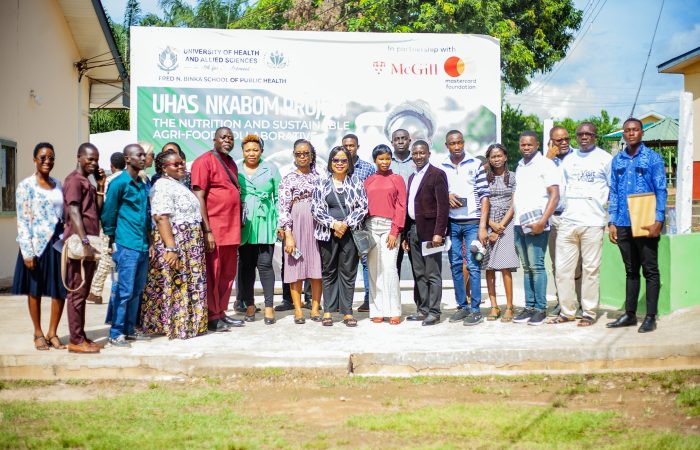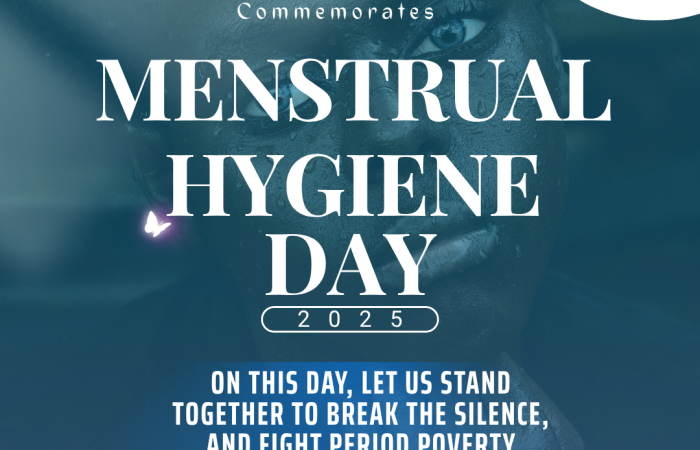Nana Afia Amobeah, the Queen mother of Jema Traditional Area in the Bono East Region has expressed worry about the poor and worsening water supply situation in the area, having devastating effects on households.
She said the situation was very bad that women and school children had to struggle every day to access potable drinking water, saying “water is now an expensive commodity in Jema”.
Nana Amobeah, also the Leader of the Women Caucus for Responsive and Inclusive Governance (WOCA4RIG) project, said because of irregular water supply from the Jema Water Supply System (JWSS), households in the area now bought water from private local water suppliers at expensive prices.
WOCA4RIG is an advocacy association of women groups, including hairdressers, seamstresses, and market women, women with disabilities and women in politics.
The association was birthed in line with WOCA4RIG project, being implemented by the Migration and Africa Development (CeMAD), a women-led non-governmental organization in the Kintampo South District of the region.
With funding the Plan International Ghana and Global Affairs Canada, under their Women Voice and Leadership project, WOCA4RIG project aimed at bringing together and empowering vulnerable women groups and associations to demand accountability from duty bearers.
Speaking at a meeting of the Caucus held at Jema, the District capital, Nana Amobeah called on the JWSS to open up and share their challenges with the unit committee, NGOs, assembly members and the traditional authorities to help tackle the poor water supply situation in the area.
“The erratic water supply situation keeps worsening and duty bearers have to collaborate with all relevant stakeholders and find a lasting solution to the problem”, she said.
Mr Kumi Yeboah, the Manager of the JWSS appealed to the residents to use water wisely, as management find ways to address the water problem in the area.
He said the JWSS was financially handicapped, unable to expand its scope of operations and pump water regularly saying government institutions in the district owed the JWSS huge sums of money.
This has consequently slowed down expansion works Mr Yeboah said and called on those institutions to pay their accumulated debts for the System to run efficiently for improved water supply in the area.
Mr Isaac Kwabena Appiah, the Project Coordinator of CeMAD described the erratic water supply in the area as unfortunate, saying water remained a basic commodity nobody should be denied access.
He urged the management of the JWSS to be proactive and tackle the problem once and for all, saying management of the System ought to collaborate with the District Assembly to construct mechanized boreholes for the people.
Mr Appiah expressed the fear that if the problem was not addressed, there could be possible outbreak of water borne diseases as the rains set in, and also appealed to other NGOs to come to the aid of the people.
Established in 2017, the project coordinator explained CeMAD worked to provide socio-economic interventions to deprived and under-served communities in the country, saying more than 2,000 people had benefited from its community development programmes so far.
CREDIT: GNA


